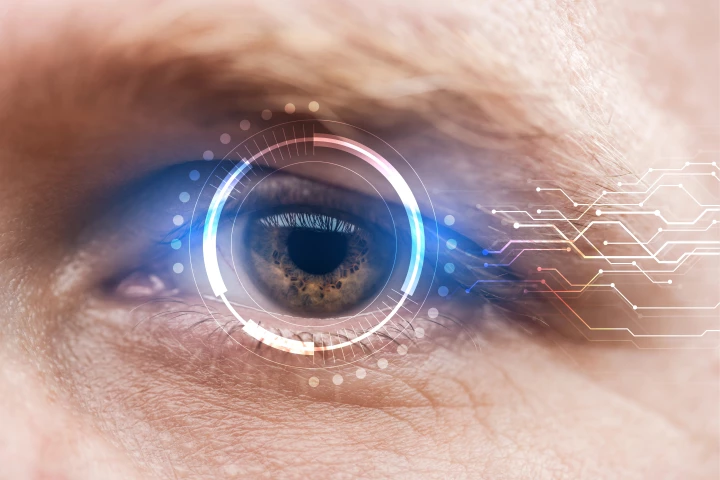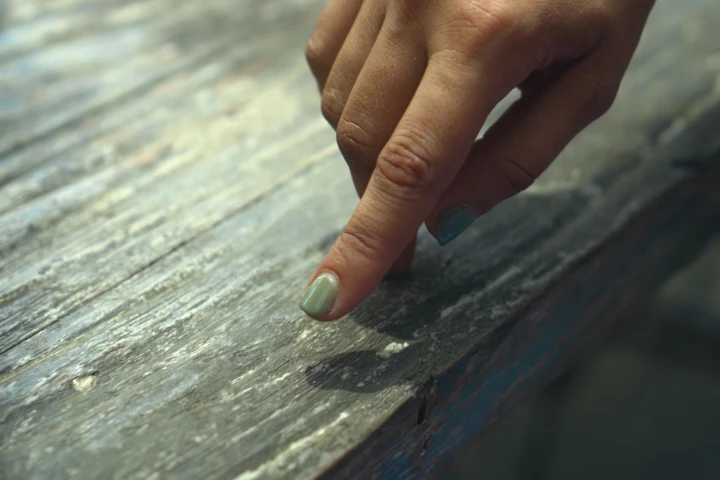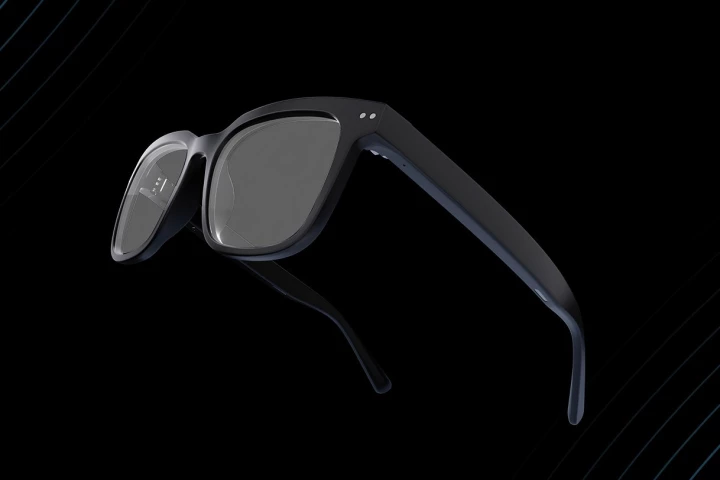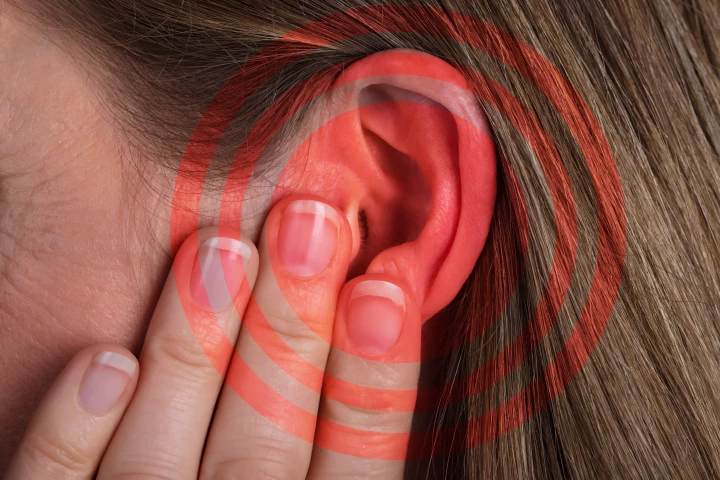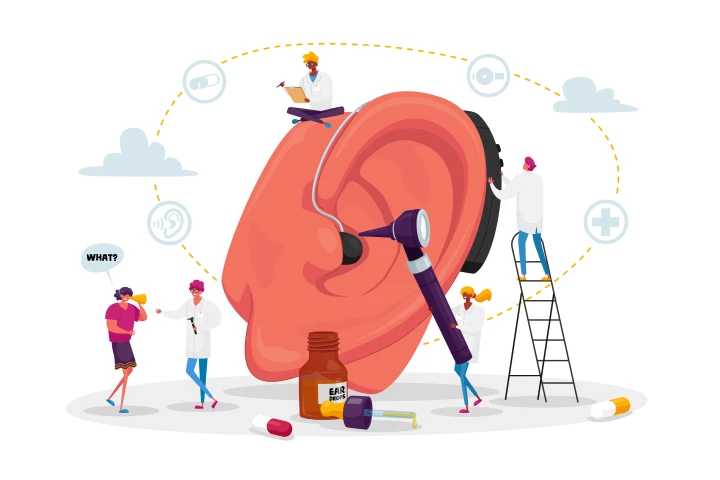Hearing Impaired
-
Pupil dilation and subtle facial changes in response to sound can reveal how severe tinnitus is. Through this, researchers have discovered a new way to objectively gauge how bad the condition is, more accurately diagnosing tinnitus and treating it.
-
Scientists have uncovered an odd superpower triggered by tapping your finger to a beat – it may help you understand someone talking to you in a noisy place, like at a busy cafe. While it sounds a little woo-woo, there's emerging science behind it.
-
You could compensate for broken speakers by cranking up the volume on others that still work. It turns out that the brain does the same thing when damaged hair cells in the ear lead to hearing loss – and this could be causing your tinnitus.
-
These glasses from Nuance Audio hide clever tech in the frame to help you hear better in noisy environments, without the need for traditional in-ear hearing aids. They'll run for 8 hours on a charge, and are indistinguishable from regular glasses.
-
Increasing the expression of a protein responsible for maintaining neuron health led to better-than-normal processing of auditory information, according to a new study. The findings open the door to new treatments for some forms of hearing loss.
-
Combining magnetic properties relied on in traditional Chinese medicine with contemporary knowledge about the gut microbiome, researchers have developed a novel oral treatment to prevent and repair hearing loss caused by noise exposure.
-
A breakthrough clinical trial using gene therapy has restored hearing to five children born deaf. After six months, the children were able to recognize speech and hold conversations, raising hopes for wider use in the near future.
-
A genetic mutation that triggers a 'molecular domino effect' causing hearing loss mirrors the same kind of noise- and age-related damage. Inhibiting a single molecular response has the potential to protect all ears from a common form of hearing loss.
-
Age-related hearing loss impacts one in three adults aged 64 to 75 in the US, and around half of these cases are down to faulty genes. Using older animals to mirror a human study, scientists successfully reversed hearing loss caused by one such gene.
-
Life-saving intensive care incubators play a critical role in a newborn’s start to life, but researchers have found that they may also be exposing babies to louder, resonating noise that increase the risk of damaging their sensitive hearing.
-
In a world first, Amazon has partnered with Cochlear to make watching movies and shows more accessible for folks with hearing loss by streaming audio from a Fire TV device directly to a Cochlear hearing implant's sound processor.
-
A first-of-its-kind meta-analysis has found a significant association between the use of hearing aids and a reduced risk of dementia. The findings suggest that using hearing restoration devices could slow the progression of cognitive decline.
Load More
